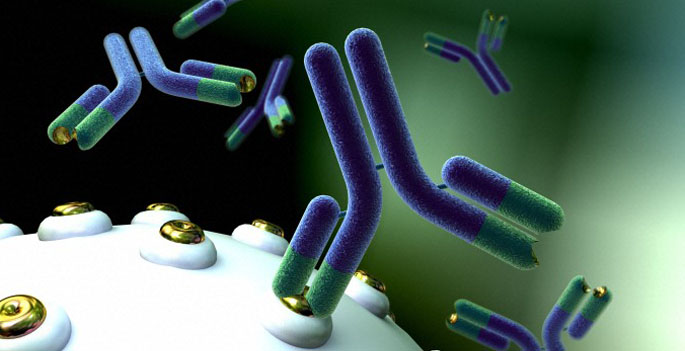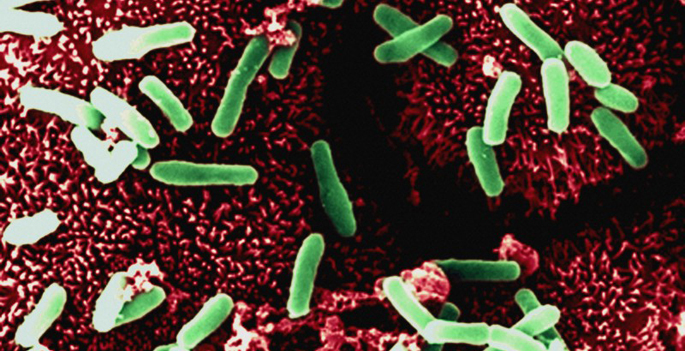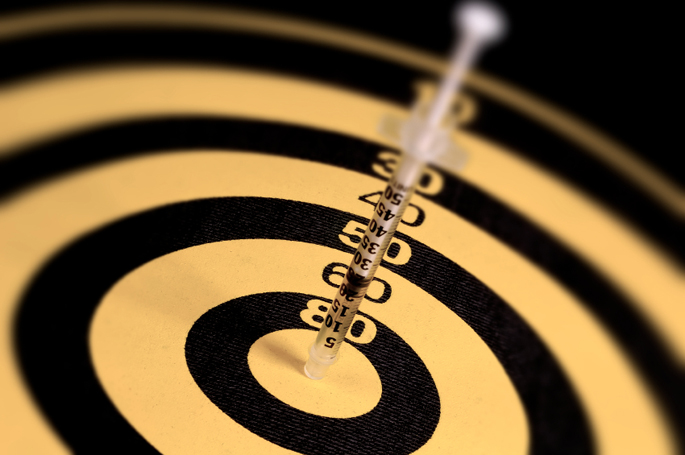Nature Microbiology
-

New structures offer insight into how a bacterial motor powers bacterial chemotaxis, a key infectious process
The lab of Tina Iverson, Louise B. McGavock Professor and professor of pharmacology, in collaboration with researchers at the University of California, San Francisco; Stanford University; and The Weizmann Institute of Science in Israel have published new work in Nature Microbiology, providing new insights on chemotaxis. Read MoreApr 22, 2024
-

VUMC, Oxford team develops ‘blueprint’ to block lethal virus
Researchers at Vanderbilt University Medical Center and the University of Oxford have determined how a human monoclonal antibody isolated at Vanderbilt in 2021 can prevent infection by the potentially lethal Sin Nombre virus. Read MoreJun 22, 2023
-

Study describes how E. coli co-opts cells, causes recurrent UTIs
Researchers at Vanderbilt University Medical Center have discovered why the uropathogenic bacterium E. coli, the leading cause of urinary tract infections, is so tenacious; their findings could lead to new ways to prevent recurrent UTIs. Read MoreAug 25, 2022
-

Structural views of a C. diff toxin
D. Borden Lacy and colleagues used cryo-electron microscopy to define the structure of a C. diff toxin, providing a framework for the design of novel therapeutics. Read MoreJan 10, 2020
-

Seeing the unseen: Vanderbilt science hub helps set a standard for innovative microbiome research, education
The Vanderbilt Microbiome Initiative is receiving attention for its role as a standard bearer for other microbiome programs, thanks to a new article on the importance and emergence of microbiome centers – academic hubs of microbiome-related research. Read MoreDec 19, 2019
-

New target to stop Ebola
A new Vanderbilt study suggests it may be possible to develop antibody therapies or a universal vaccine effective against multiple Ebola virus family members. Read MoreMay 21, 2018
-

Team isolates new antibodies that may aid RSV vaccine design
Researchers at Vanderbilt University Medical Center (VUMC) have taken another step toward developing a vaccine against respiratory syncytial virus (RSV), the major cause of life-threatening pneumonia in infants worldwide. Read MoreFeb 9, 2017
-

Research team takes aim at Ebola virus ‘decoy protein’
Using an antibody generated at Vanderbilt University Medical Center that neutralizes the Ebola virus, researchers at the Scripps Research Institute in La Jolla, California, have determined the structure of a “decoy” protein that may enable the virus to evade detection by the immune system. Read MoreAug 11, 2016
-

Crystal structure reveals secrets of virulent bacterium
Researchers at Vanderbilt University Medical Center have obtained the crystal structure of a toxin from the bacterium Clostridium difficile (“C. diff”) — the leading cause of hospital-acquired diarrhea in the United States. Read MoreJan 14, 2016